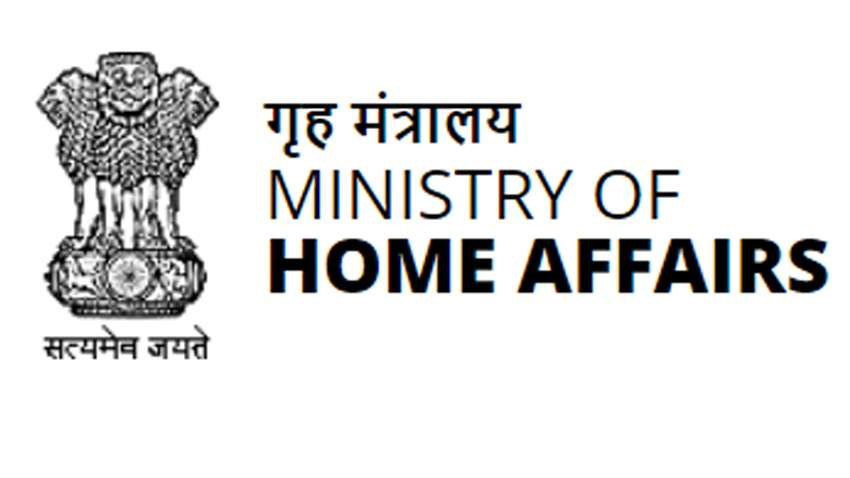New Delhi: The Centre has asked states to safeguard the rights of transgender people in jails and ensure separate wards to protect them against any form of exploitation.
In a communication to the chief secretaries of all states and Union Territories, the Union Home Ministry said the Transgender Persons (Protection of Rights) Act, 2019 provides for recognition of identity of transgender persons, prohibition against discrimination and welfare measures to be taken by the government.
A transgender person shall have the right to be recognised as a transgender person under the provisions of the law and shall have a right to self perceived gender identity.
“Appropriate arrangements for providing suitable accommodation and facilities in accordance with their gender identity may be made in the prisons,” it said.
“A separate enclosure or wards for transgender inmates for transmen and transwomen may be ensured and also such enclosures should be separate from male and female wards or enclosure,” it said.
However, the communication said, while making provision for a separate enclosure for transgender prisoners, due care may be taken by the prison authorities that this may not result in their complete isolation or propagate social stigma among such prisoners.
“There should also be adequate preservation of right to privacy and dignity in regard to separate toilets for transmen and transwomen as well as shower facilities,” it said.
The home ministry said the self-identity of transgender persons must be respected at all times in regard to admission procedures, medical examination, search, lodging, clothing, requisitioning of police escorts, treatment and care inside prisons.
The states and UTs were told to ensure specific health needs of transgender persons with regard to their mental health and gender affirmative processes, over and above the scope of rehabilitation, aftercare, welfare of prisoners.
The home ministry said the training modules may be devised in collaboration with the Ministry of Social Justice and Empowerment, prison training institutes, state health department, human rights commission, Legal Services Authorities and with representatives from transgender communities, etc. for developing an understanding of gender identity, gender dysphoria, human rights, sexual orientation and legal frameworks for transgender persons.
Training of medical officers on the standards of care for transgender persons, transgender person’s right to decide their self-identified gender and designing public and prisoner awareness programs on the rights of transgender persons should also be ensured, it said. (Agencies)
Trending Now
E-Paper


